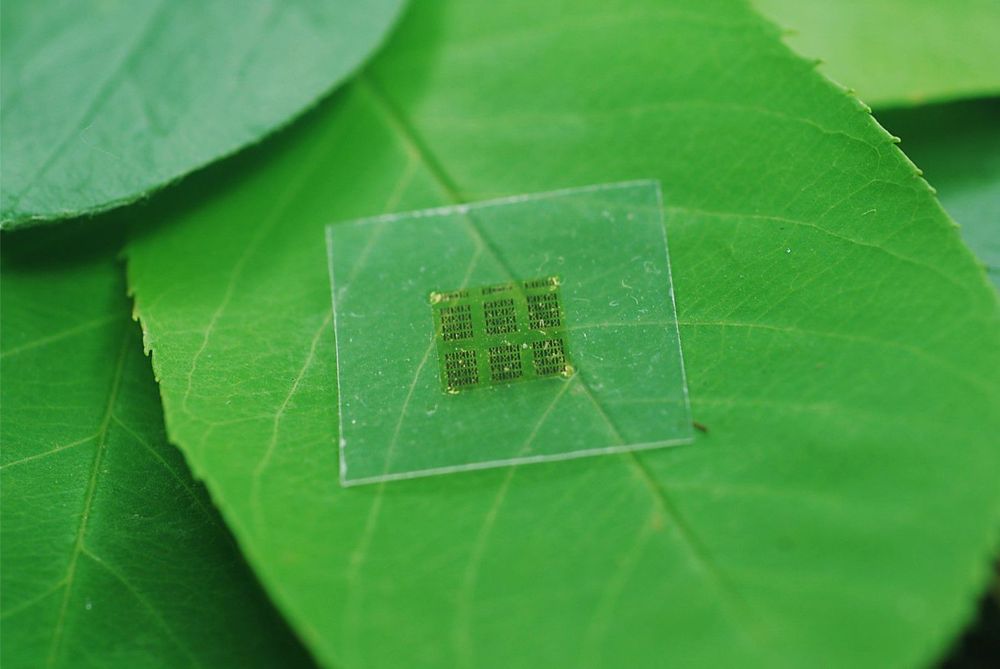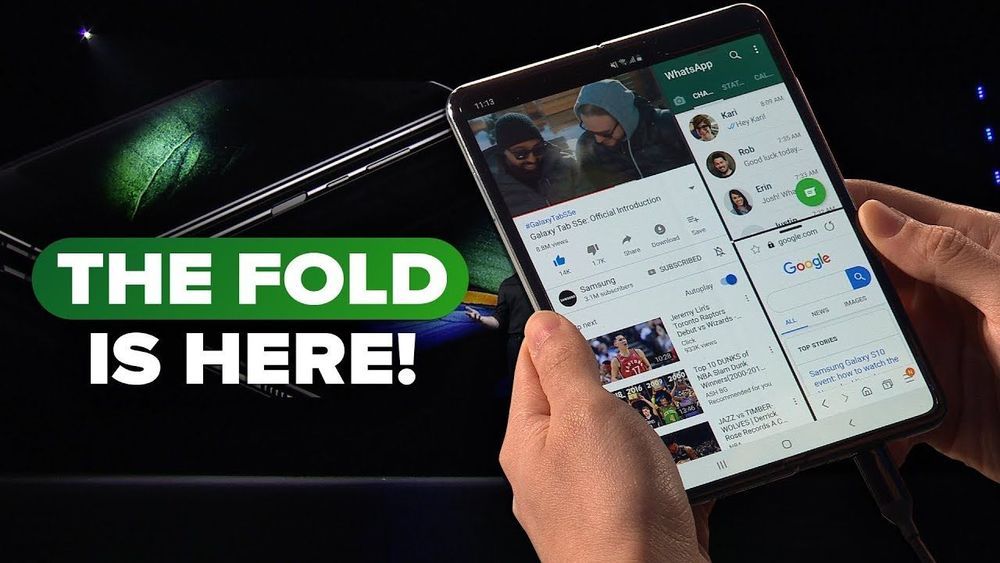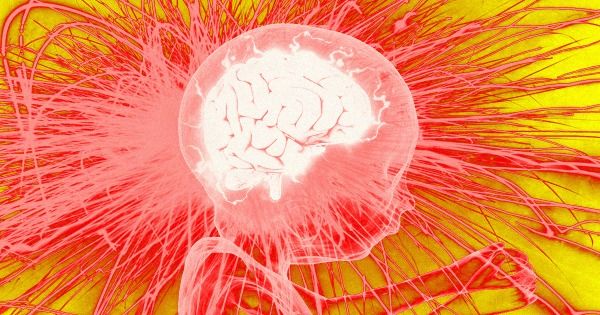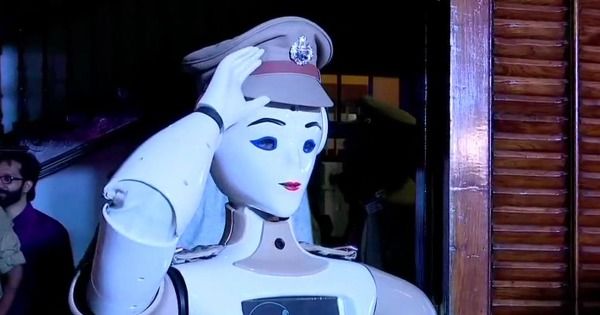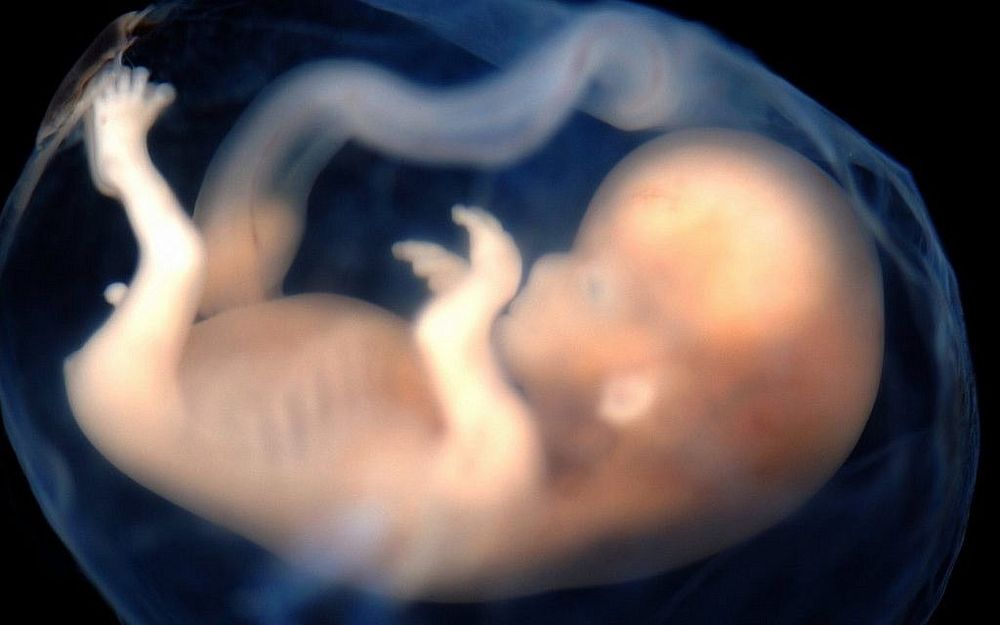
Researchers at Tel Aviv University say they have developed a new, noninvasive method of discovering genetic disorders that can let parents find out the health of their fetus as early as 11 weeks into pregnancy.
A simple blood test lets doctors diagnose genetic disorders in fetuses early in pregnancy by sequencing small amounts of DNA in the mother’s and the father’s blood. A computer algorithm developed by the researchers analyzes the results of the sequencing and then produces a “map” of the fetal genome, predicting mutations with 99 percent or better accuracy, depending on the mutation type, the researchers said in a study published Wednesday in Genome Research.
The algorithm is able to distinguish between the genetic material of the parents and that of the fetus, said Prof. Noam Shomron of Tel Aviv University’s Sackler School of Medicine led the research, in a phone interview with The Times of Israel.
Continue reading “Israeli team develops way to find genetic flaws in fetus at 11 weeks” »

